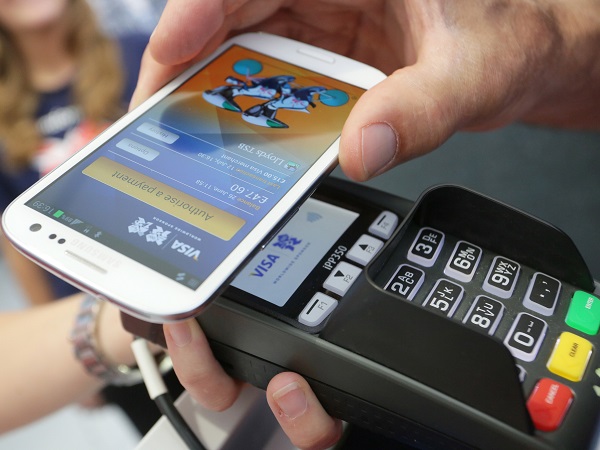Digital payment is no doubt the future as more and more Nigerians embrace it. This is because whether we like it or not, the era of carrying or paying cash will soon come to an end.
The interesting thing here is that even in the rural areas, fintechs are setting up small shops where rural dwellers can send and receive money thus promoting financial inclusion and supporting the government’s cashless policy.
This is perhaps why you don’t need a soothsayer to tell you that the traditional payment system is under threat.
There is still a lot of work to be done as Nigeria’s economy is still largely a cash-based economy despite the efforts of the Central Bank of Nigeria. Regardless, there has been so much progress. So, we will look at some of the progress being made and how the digital payment system encouraging Nigerians to carry little or no cash around to settle transactions.
ALSO READ: Fidelity Bank shareholders endorse N3.19bn dividend
Convenience
Your PayTv subscription was suddenly suspended while watching a top league match in the night. What will you do? You can’t visit a physical store to renew your subscription.
The next reasonable thing to do is to grab your phone, download the Jumia One App and pay for your subscription. And immediately your payment is confirmed, it will be renewed. This process takes less than 5 minutes. It is very very convenient.
Safe and secure
Banks and fintech companies now understand the importance of assuring their customers of the security of their transactions. This is why they budget and spend millions of naira on ensuring that their systems are impenetrable.
Today, in Nigeria, you can send and receive money, buy a prepaid card and pay for a transaction without worrying about losing your money.
This is not the case with the traditional payment system where you are unsure of who would swap your money, and the number of hours spent counting money can be used for something else.
Supports the economy
Excess liquidity (too much cash) can raise inflation and impact the exchange rate, and interests rates. This is why the Central Bank of Nigeria usually have no choice than to mop-up cash so as to limit the cash exchanging hands.
Also, this is the reason why the CBN place a limit on cash withdrawals and if you are going above that withdrawal barrier, there is a penalty. There is no doubt that digital payments support and grow the economy.
Payments are easily traceable
If you demand from your bank to see your bank statement, you will get it or alternatively, you log into your internet banking to see your statement. Also, if a transaction goes wrong, the mistake can easily be traced and appropriate corrections made.
Any of these does not apply to cash transactions or the traditional payment system. You only need to lay a complaint.
Provision of discounts
Going digital can benefit the users in terms of discounts provided to them for various purchases. For example, for encouraging people to use a digital payment, Jumia Pay will give you 5% cash back. Such incentives and measures will help people be more digital-friendly.
SOURCE: Techeconomy

 Latest1 week ago
Latest1 week ago
 Health1 week ago
Health1 week ago
 Football1 week ago
Football1 week ago
 Latest1 week ago
Latest1 week ago
 Latest1 week ago
Latest1 week ago
 Crime1 week ago
Crime1 week ago
 Football5 days ago
Football5 days ago
 Football6 days ago
Football6 days ago

